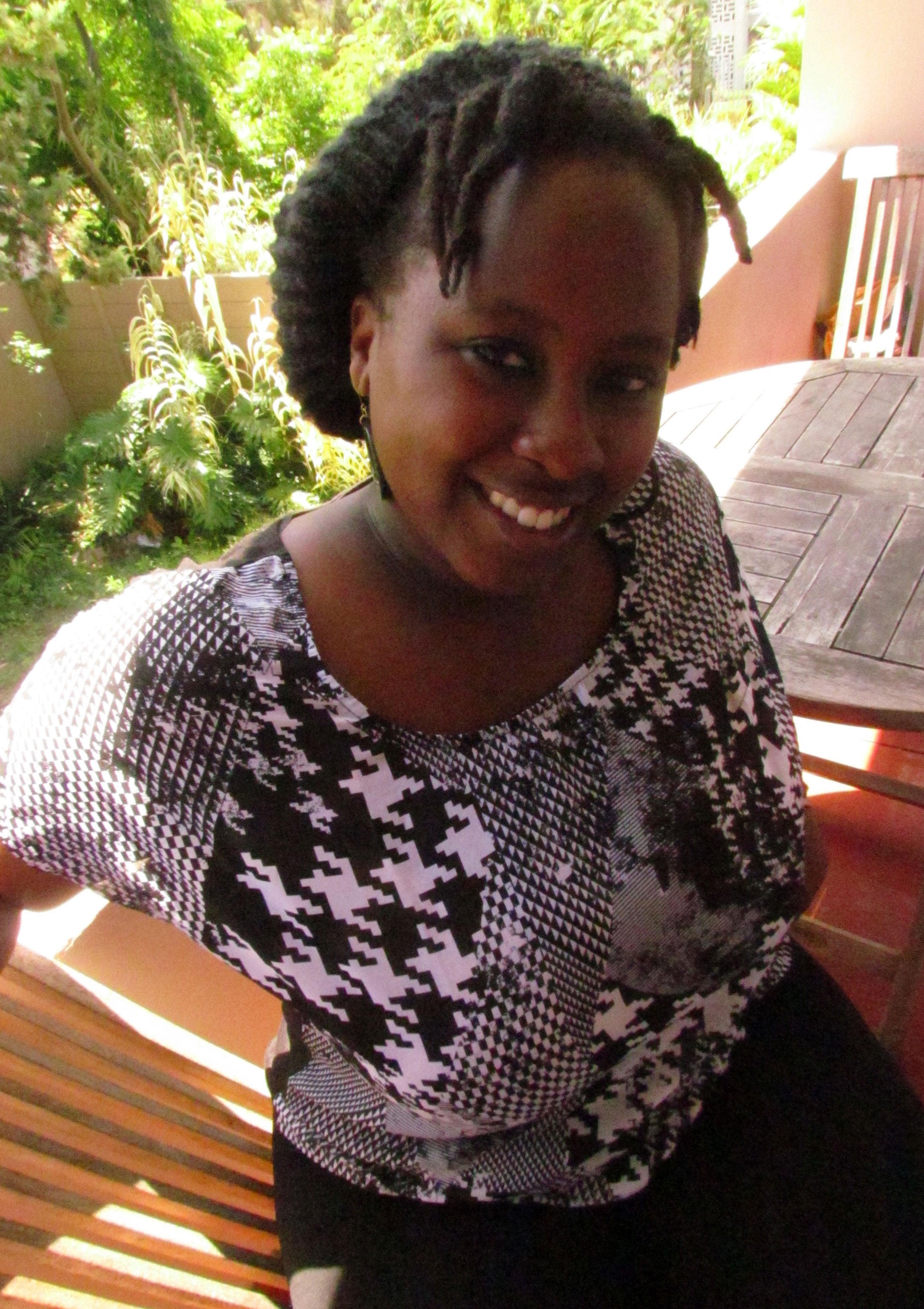
As a teenager, Tiffany Mugo struggled to find a digital community that helped her explore her identity as a bisexual African. This prompted Mugo to create a solution for the lack of digital visibility of queer African women. Today, the 28-year-old is co-founder and curator of HOLA Africa, a pan Africanist online hub that aims to share the stories of Africa’s queer female community.
Mugo believed queer African women had been ignored—particularly in social media—long enough, and it was time for their faces to be seen and voices to be heard. She readily stepped into the role of storyteller by releasing the untold stories of these women through a digital tool kit.
“I have always loved the online space and the ability to find a space for yourself in it; and social media and the digital realm is fast becoming a place where we store ourselves and our lives and shape the world around us,” Mugo says. “It is beginning to become a marker of what is real and valid in the world while also challenging the conventional notion that some peoples’ existence is worth more than others. I felt that African queer women, the organizations that represent and work with them, and those who are interested in their eclectic existence were not being invited onto this online party as much as other people.”
Spreading the Word
As interest in HOLA Africa [HOLAA] grew, it became more evident to Mugo that there was a need for a global digital community that directly reflected the offline community of queer African women. She said she knew this could come to fruition if more people embraced technology as a means of telling their stories.
“The more HOLAA! grew the more we realized there were a lot of women missing out on this online soiree while maneuvering, mostly in silos, offline. The more we did with different people around the continent the more we saw that people loved the idea of a digital community and seeing oneself in another country, city, or suburb,” Mugo says.
The tool kit will be comprised of a series of digital and social media trainings that were held with organizations including None On Record, the 1 in 9 Campaign, and LEGABIBO (the first registered lesbian, gay, and bisexual organization in Botswana). When asked which stories impacted her the most, Mugo says even though it’s hard to pick just one, the stories that celebrate sensuality stood out most for her.
“The stories that impacted me the most were ones that showcased the love, sex and sensuality of the women who authored them. These narratives are not ones that are often showcased, especially within the series of stories told about African queer women. Usually what one hears are stories of corrective rape and violence. These stories open up this aspect of the women’s lives that have always felt the most powerful to me, the rawest and the most intimate,” says Mugo.
Finding a Place to Call Home
Mugo hopes this digital project will help African queer women construct their identity and bolster self-esteem by helping them feel more comfortable in their own skin. She also desires for queer women to use this tool kit as a way to connect with each other and find much-needed support.
“The ability to produce a podcast or have an online conversation not only adds to general narrative but also the construction of identity and creation of community, which is extremely important in a space where you are told you don’t belong. I am hoping that it will especially be utilized by people working within the realms of sexuality to document the work they do, their lived experience, and continue to bolster their communities while connecting with new ones. I am hoping that this tool kit will help others create and solidify online networks and will help them grow and find each other,” says Mugo.
LGBT PAC Names Aisha Moodie-Mills First Black Female President







In addition to the tool kit Mugo said there will also be a series of artistic publications containing the work of women from across the continent. The journals will feature photography, essays, short stories, illustrations, and poetry. So far submissions have been received from women in Botswana, Ghana, Nigeria, Kenya, Ethiopia and South Africa.
“The idea is to practice what I preach within the tool kit not only in terms of HOLAA! and all her platforms (Twitter, Tumblr, Facebook and Instagram) but also in archiving and being a writer. The best way I know how is through this artistic journal series,” she explains. “And it is not only about documenting the serious things but also the fun, the silly, the mundane, the sandwich, and the selfie, because all this is a part of people’s existence. The tool kit seeks to help African queer women exist in their entirety.”
WANT MORE FROM ESSENCE? Subscribe to our daily newsletter for the latest in hair, beauty, style and celebrity news.






